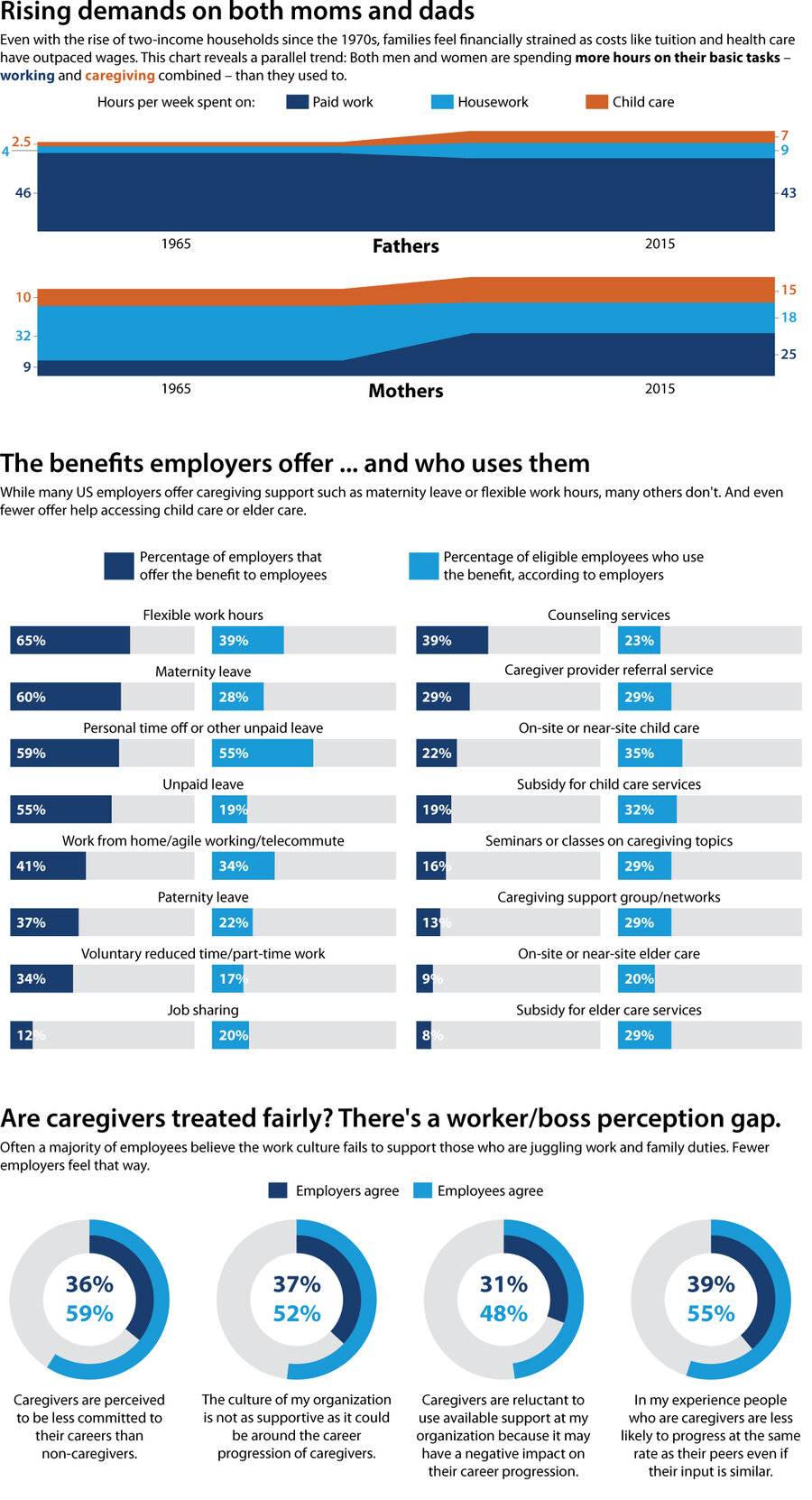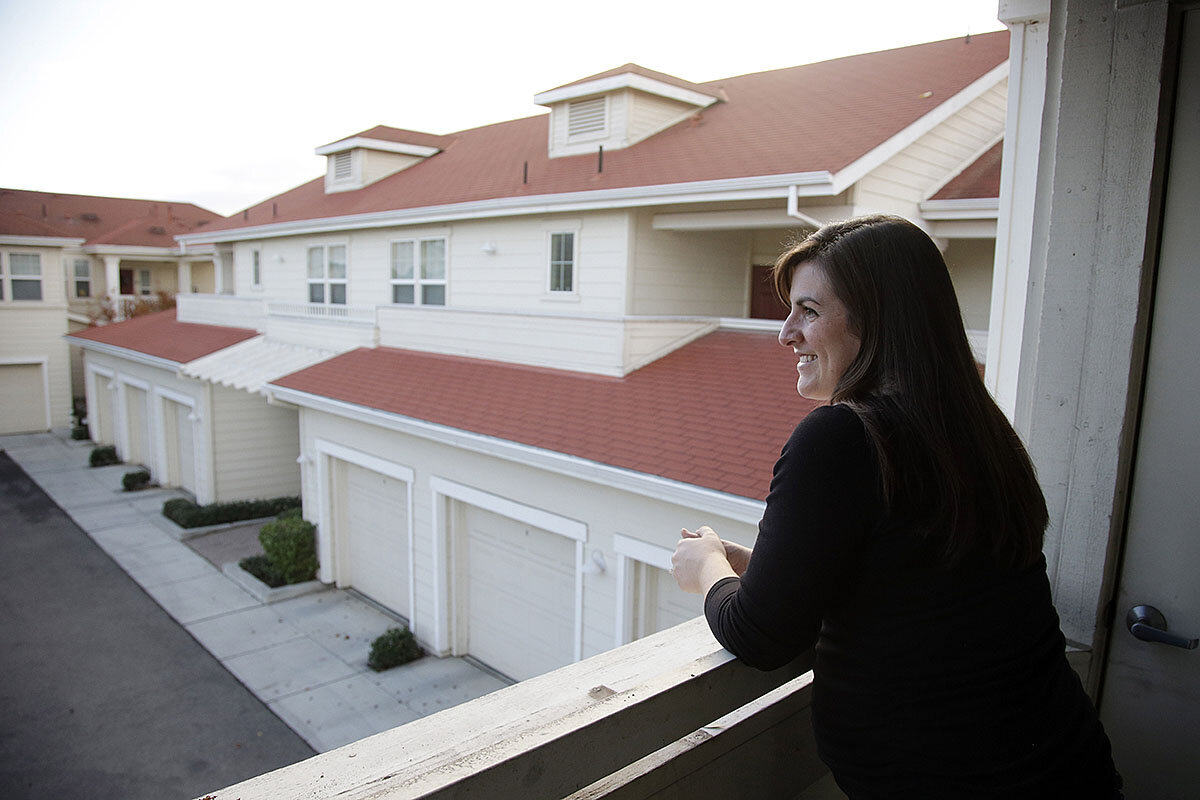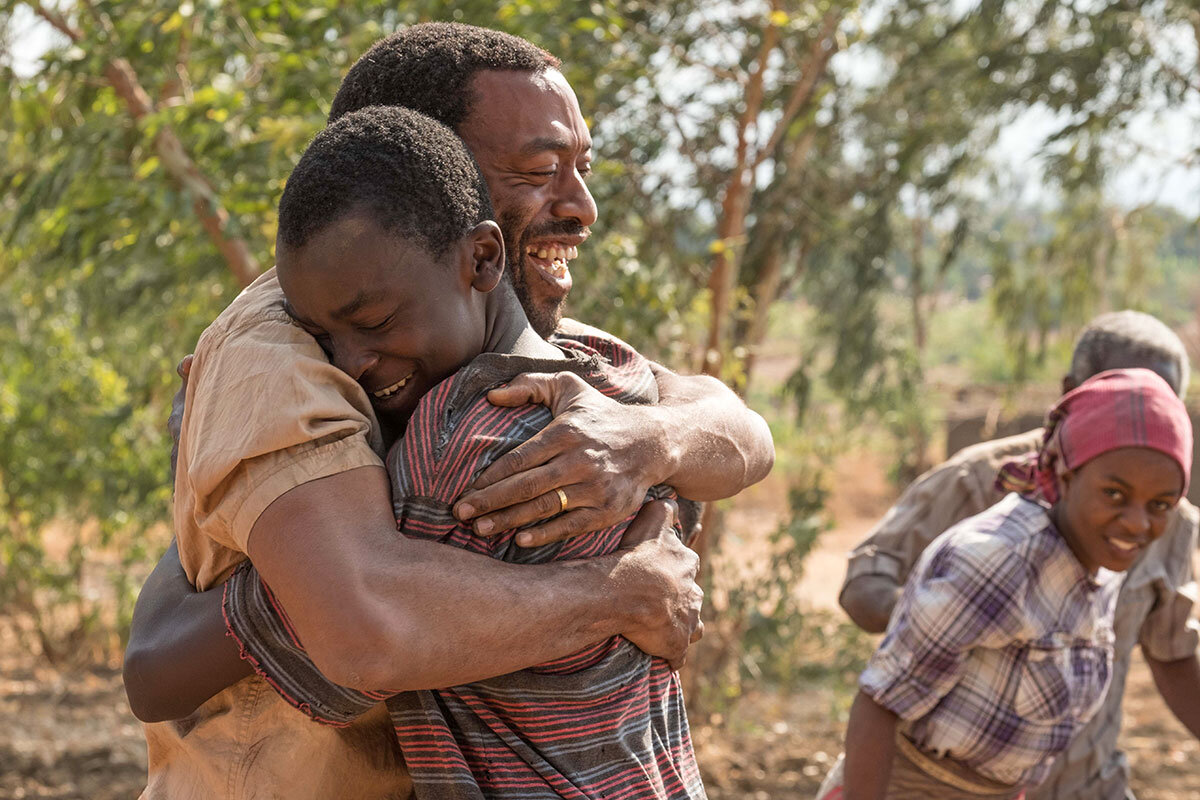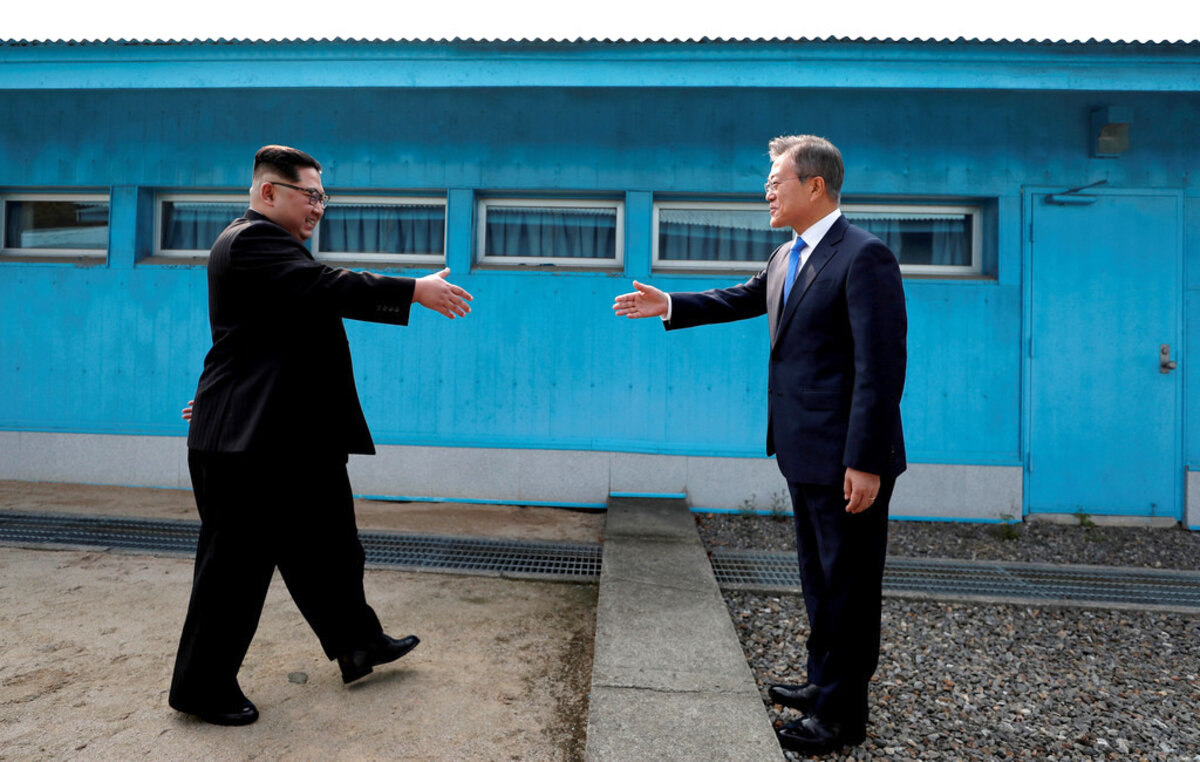What does it mean for a democracy to have a leader indicted for corruption? That’s a question being asked in Israel, as Prime Minister Benjamin Netanyahu, a political survivor, heads to elections.
Monitor Daily Podcast
- Follow us:
- Apple Podcasts
- Spotify
- RSS Feed
- Download
 David Clark Scott
David Clark Scott
The United States is slowly rebuilding its stairway to the heavens.
This week, there’s a buzz around a space capsule carrying a crash-test dummy named Ripley (after the character played by Sigourney Weaver in the movie “Aliens”). The SpaceX capsule became the first privately built and operated American spacecraft, designed for humans, to dock at the International Space Station. For eight years now, the US has paid Russia to hitch a ride to the ISS.
The SpaceX capsule still needs to safely return to Earth Friday (we’re working on a story about the revival of launching astronauts from US soil). If all goes to plan, Ripley will give up her seat to live astronauts as soon as this summer. The next destinations: the moon and Mars.
The SpaceX achievement is praiseworthy progress. But amid protests over police injustice in Sacramento, Calif., the politics of US border security, and a power struggle in Venezuela, NASA astronaut Anne McClain gave me pause by putting a larger frame of hope around this week’s events.
"Spaceflight gives us a chance to reflect on the context of our existence. We are reminded that we are human before any of our differences, before all of the lines are drawn that divide us," she said Sunday. "These events remind us that we are more alike than different, that we can be united by a cause that is not based on fear, threat, or a common enemy, but rather on a bold endeavor…."
Now to our five selected stories, including the tension between justice and loyalty in Israel, new incentives for teachers, and why Netflix wants to make films in Africa.











